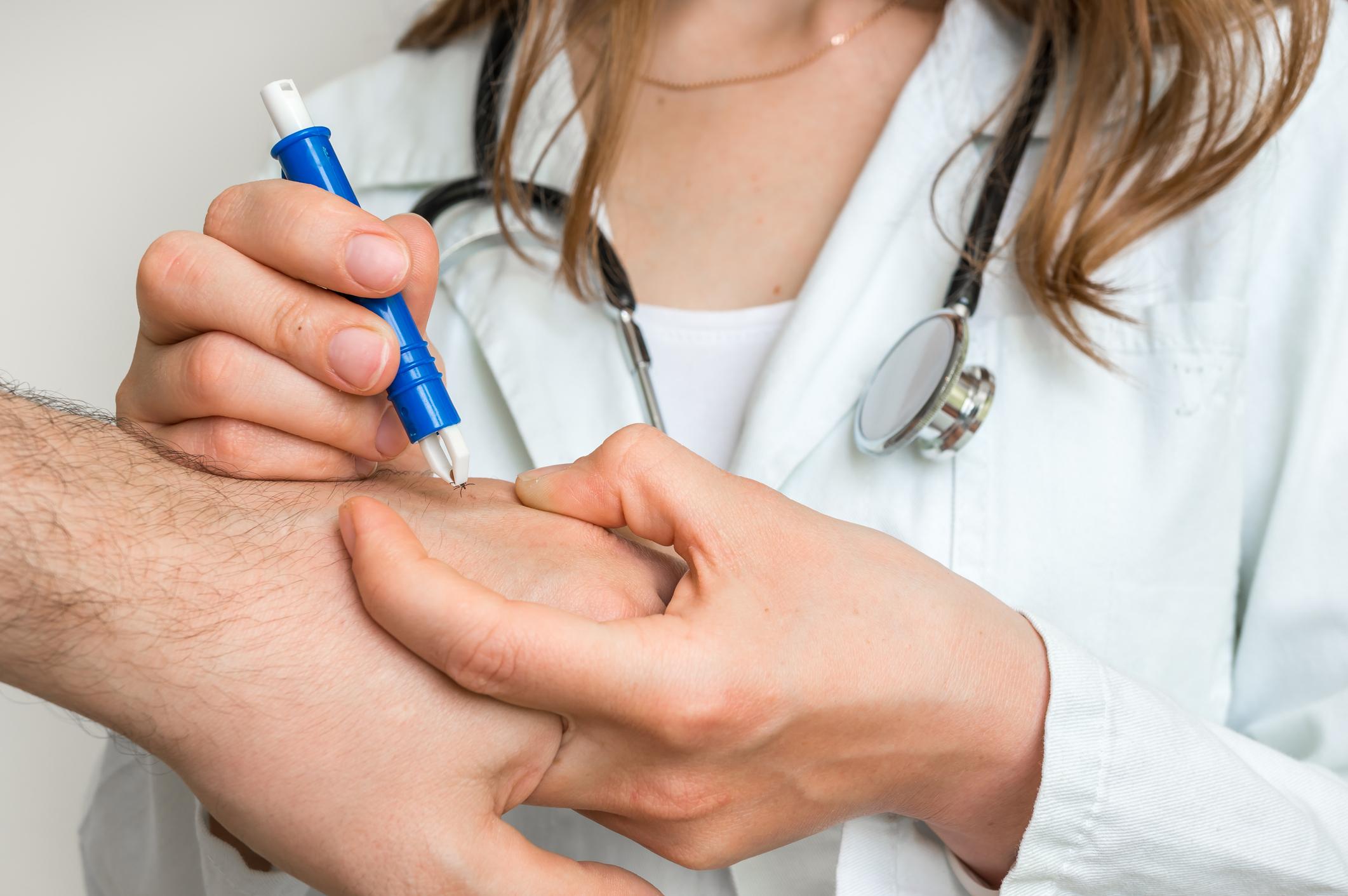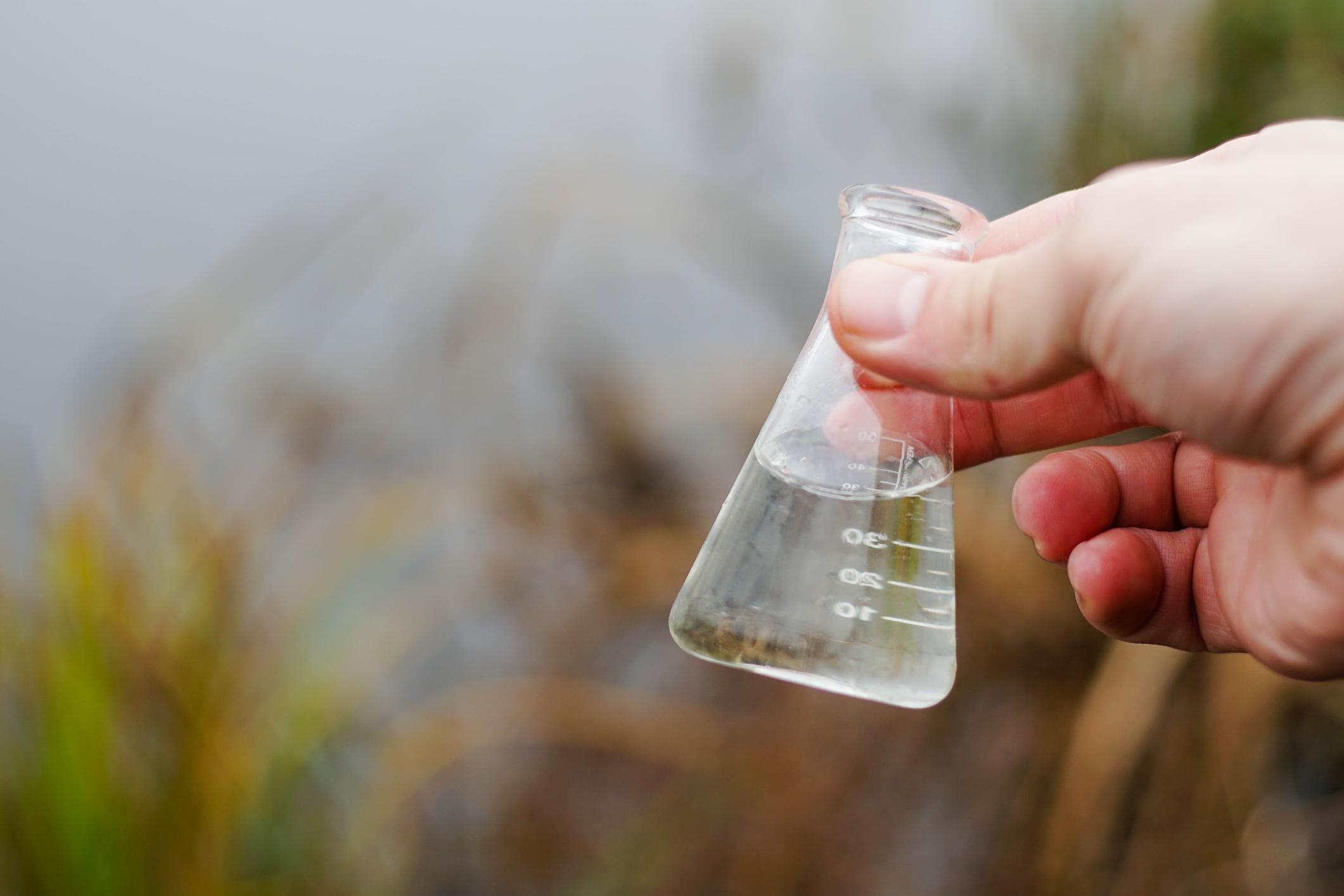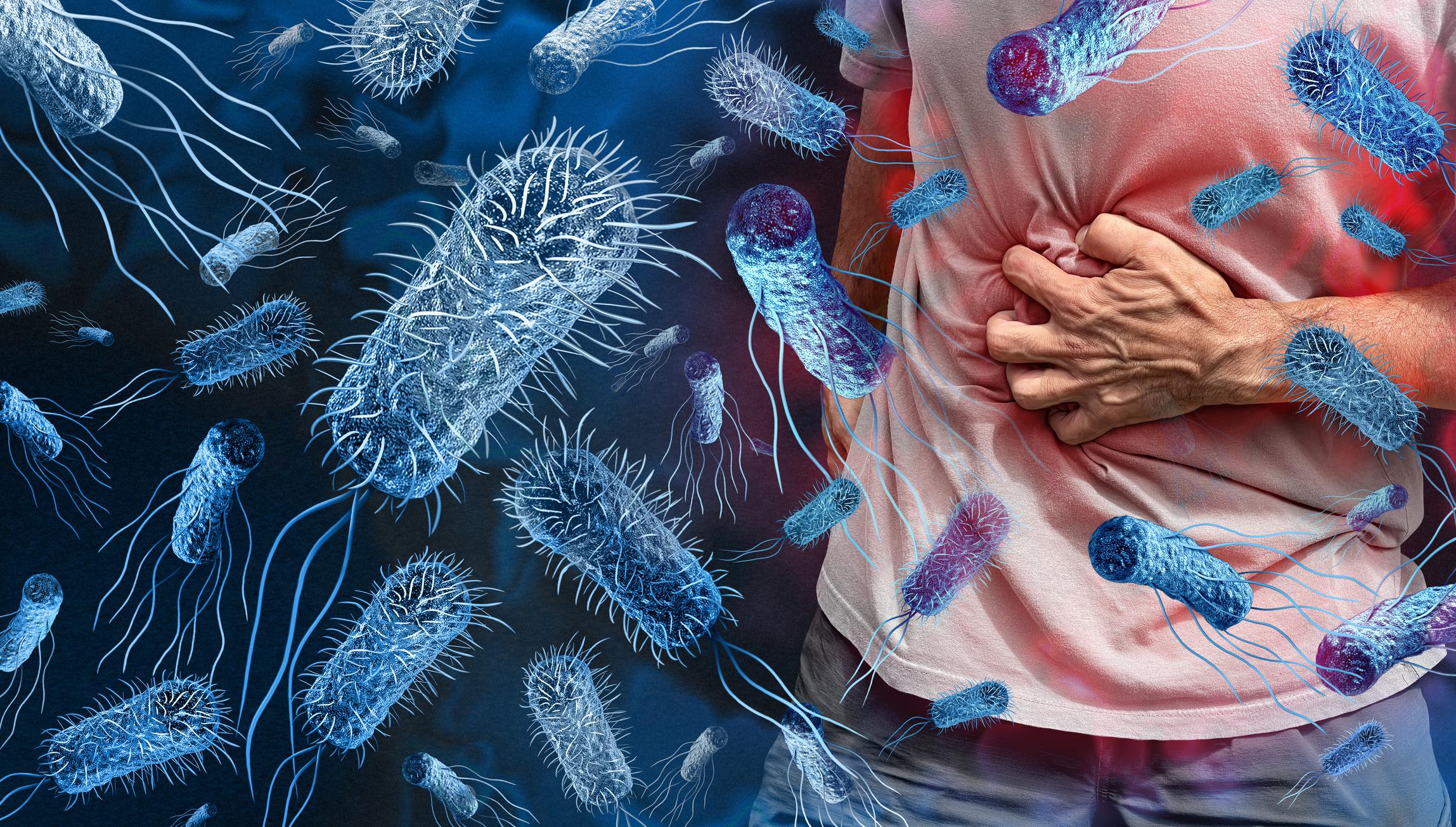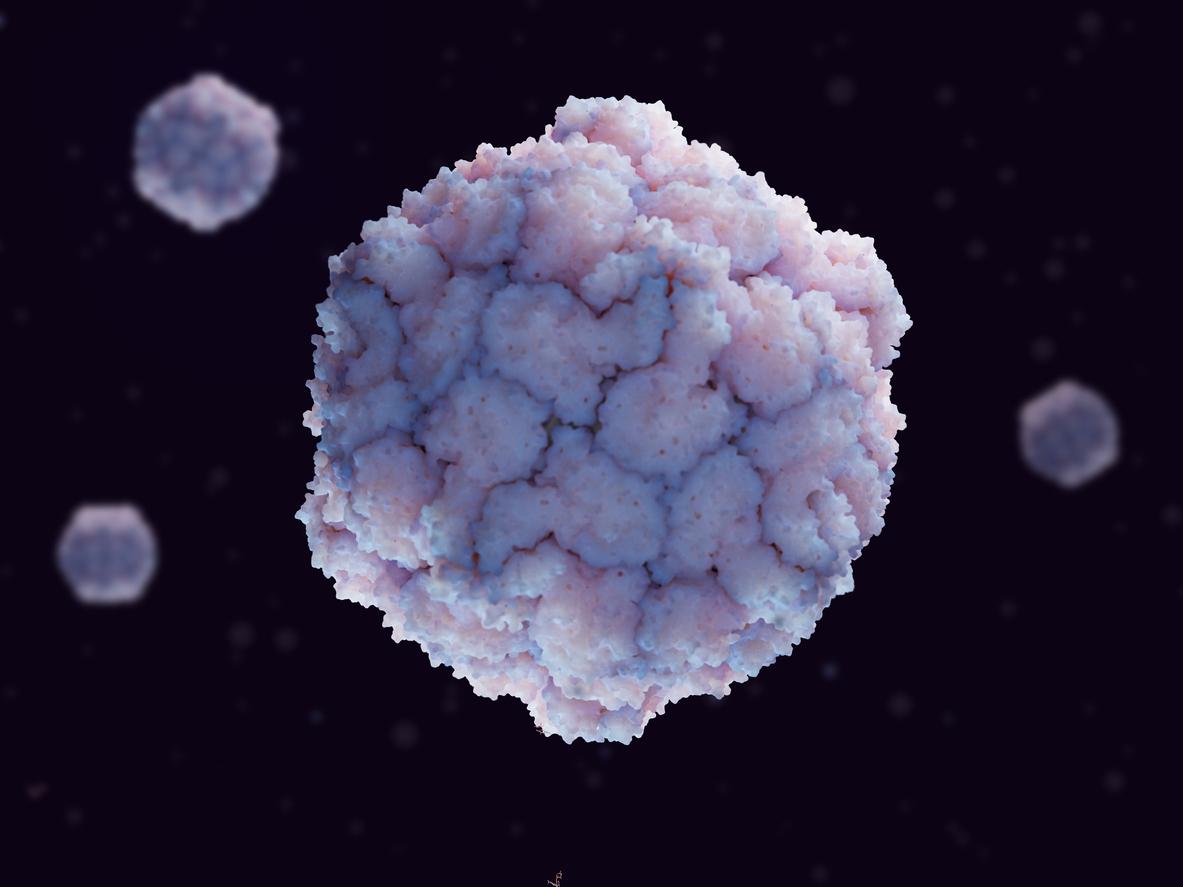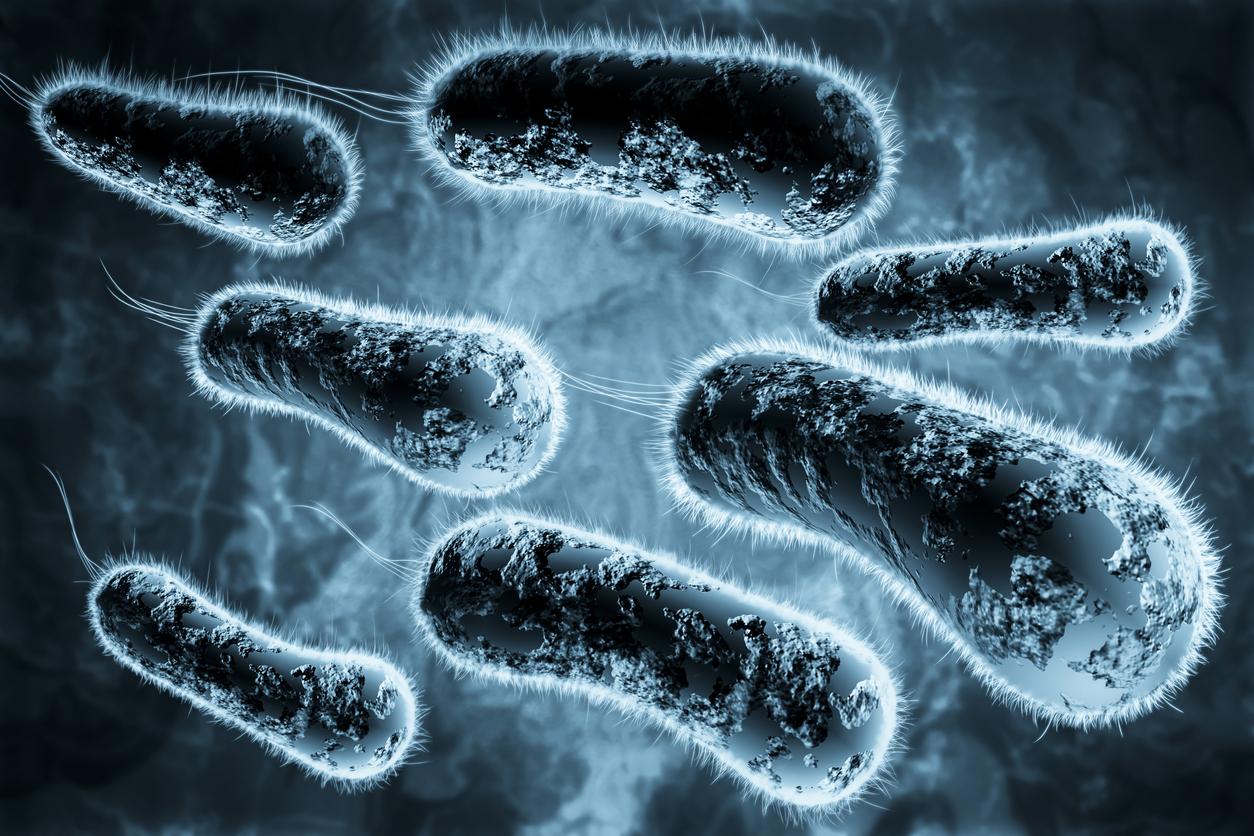Almost thirty years after the eradication of polio in Venezuela, a new case of the disease has been reported by the Pan American Health Organization (PAHO), as the country is in the grip of a serious political crisis and economic paralyzing its health system.

Since 1989 in Venezuela, the polio virus was thought to be eradicated. According to the Pan American Health Organization (PAHO), however, it has reappeared in the country. On Saturday June 9, PAHO indeed reported the case of a child who contracted the virus. He lives in the state of Delta Amacuro, a particularly poor region in northeastern Venezuela where vaccination coverage has only reached 67% of the population, reports The Telegraph. The young boy would not have been vaccinated either, report the health authorities.
A serious childhood illness
Almost eradicated today in the world, polio continues to cause fear. And for good reason: this disease, caused by a lesion of the gray axis of the spinal cord mainly affects children under 5 years old. Invading the nervous system, it causes paralysis in one in 200 cases, and causes death by stopping respiratory functions in 5 to 10% of paralyzed people. The initial symptoms are fever, fatigue, headache, vomiting, stiff neck and pain in the limbs. In a small number of cases, polio causes paralysis, often permanent. If it is possible today to be vaccinated against polio, once declared the disease is incurable, and its evolution takes only a few hours.
According to the Venezuelan doctor and former Health Minister Jose Felix Oletta, “this virus particularly affects people suffering from malnutrition and who have not been vaccinated”.
Today in opposition to the president to President Nicolas Maduro, Jose Felix Oletta notably criticizes the authorities for having waited more than a month before notifying PAHO of this new case of polio while international regulations stipulate that everything detected case must be reported within 24 hours.
An unprecedented health crisis
For more than a year, Venezuela has been plagued by a deep social, economic and political crisis. The opposition regularly denounces the strengthening of the powers of Socialist President Nicola Maduro, whose resignation they demand. Accused of having wanted to arrogate to himself full powers by granting the Supreme Court the prerogatives of Parliament, the Head of State is also suspected of having falsified the results of the presidential elections, which he won on May 20. with 67.7% of the vote. He was re-elected for six years.
Devastated by this political crisis, Venezuela is struggling to stem the outbreak of infectious diseases currently affecting the country. According to a PAHO report released on Saturday, June 9, Venezuela recorded 1,427 measles cases last year out of 1,685 reported in all countries of Latin America and the Caribbean.
In question, according to the opposition: the suspension since 2016 of the vaccine campaigns, and of which the first victims are the most precarious. “The government does not approve the money for vaccines”, regrets the opposition MP Manuela Bolivar, responsible for the Assembly to study the evolution of infectious diseases in the country. “This situation is regrettable but we saw it coming, because we denounce for years the shortage of vaccines”, she continues.
On April 6, the government relaunched a vaccination campaign against 14 infectious diseases, including tuberculosis and measles. Insufficient, according to detractors of President Maduro, who believe that there is not enough vaccines to cover the demand. According to the local NGO CodeVida, 90% of drugs and vaccines are currently unavailable in the country. “Thousands of people in Venezuela suffer from hunger, do not have access to essential drugs and are trying to survive in a spiral that seems endless,” warned the United Nations last February.
For his part, President Maduro still denies the existence of a health crisis in the country but blames the shortage of vaccines and drugs on the “economic war” waged by the business community and the United States to overthrow his government.
.







